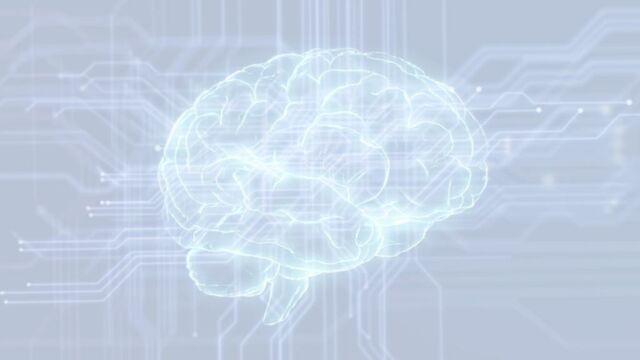Microchips in human brains could be tested in six months, neuroscience company announces

The meshing of machines and biology is already taking place with Brain-Computer Interface (BCI) technology, potentially unlocking revolutionary health discoveries in the process.
Some two years ago when the idea of a microchip being transplanted into the human brain was coined as feasible, it sounded more like science fiction than reality. We are already seeing some miraculous results of the technology unfold.
Discover our latest podcast
The brain is not the only body part targeted
In 2020, Forbes reported on a number of new revolutionary technologies and the startups driving them. One of them was also Neuralink, a neuroscience company, that sought to develop cranial computers which would be able to upload rapidly and process information.
More under this adMore under this adSome two years later, Neuralink which Elon Musk has co-founded, announced that its brain implant microchip would be ready to be tested on humans in six months, Bloomberg reports.
In an event on Wednesday 30 November, Musk said the discussions with the US Food and Drug Administration (FDA)had gone wellenough to clear the technology for human testing.
More under this adMore under this adHowever, the company is not only focused on the brain. They have already introduced various other implants that aim to aid disabled people.
Neuralink is also developing a microchip to be implanted in the spinal cord to restore movement to people suffering from paralysis.
More under this adMore under this ad
It also works on an ocular implant to address visual impairment by fixing or improving human vision.
The promise of BCI technology
The announcement by Neuralink and Elon Musk has created great hype around Brain-Computer Interface (BCI) technology.

On a health aspect, BCI devices would, in principle, enable the treatment of brain disorders and diseases. It would also help disabled people to move and communicate, Independent reports.
More under this adMore under this adYet it's all not that easy. Neuralink has also faced problems while testing its tech on animals which usually precede a human-based test.
According to the Independent, Neuralink has been accused by the animal rights group Physicians Committee for Responsible Medicine (PCRM) forseveral violations of the US Animal Welfare Act.
More under this adMore under this adPCRM has complained about ‘inadequate animal care’ for research monkeys during Neuralink trials which have resulted in the death of 15 monkeys—out of which 9 were euthanised.
Despite these obstacles faced by Neuralink, the technology is going ahead, yet the company is not the only front-runner.
More under this adMore under this adLast year, Synchron, a Neurotech startup began human-based tests of their devices and miraculously enabled a paralysed man to make the first ‘direct-thought’ tweet after his brain meshed with a computer chip.
no need for keystrokes or voices. I created this tweet just by thinking it. #helloworldbci
— Thomas Oxley (@tomoxl) December 23, 2021
Sources used:
-Forbes: ‘The Merging Of Human And Machine. Two Frontiers Of Emerging Technologies’
-Bloomberg: ‘Musk’s Neuralink Hopes to Implant Computer in Human Brain in Six Months’
-Independent: ‘Elon Musk ‘confident’ Neuralink brain chip is ‘ready for humans’